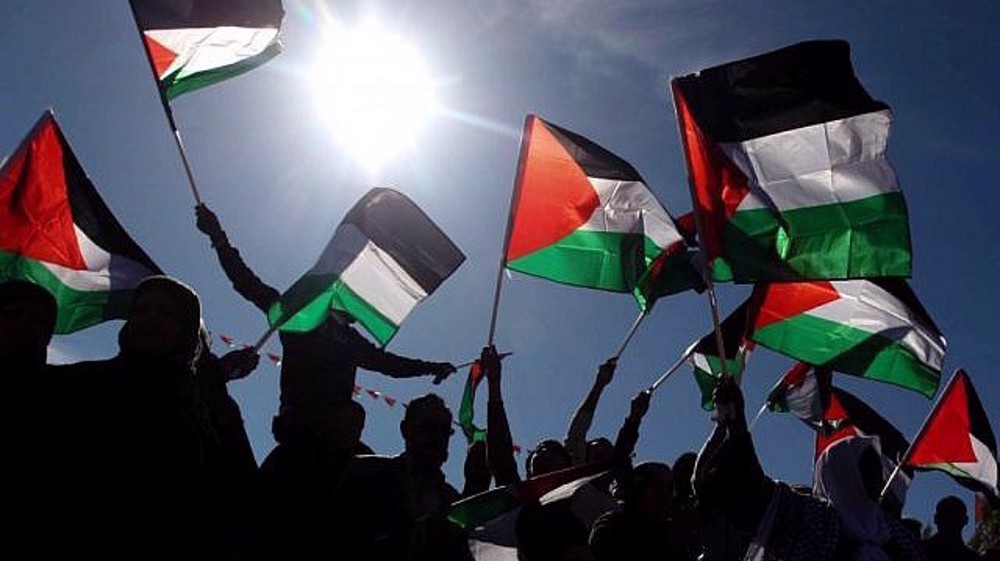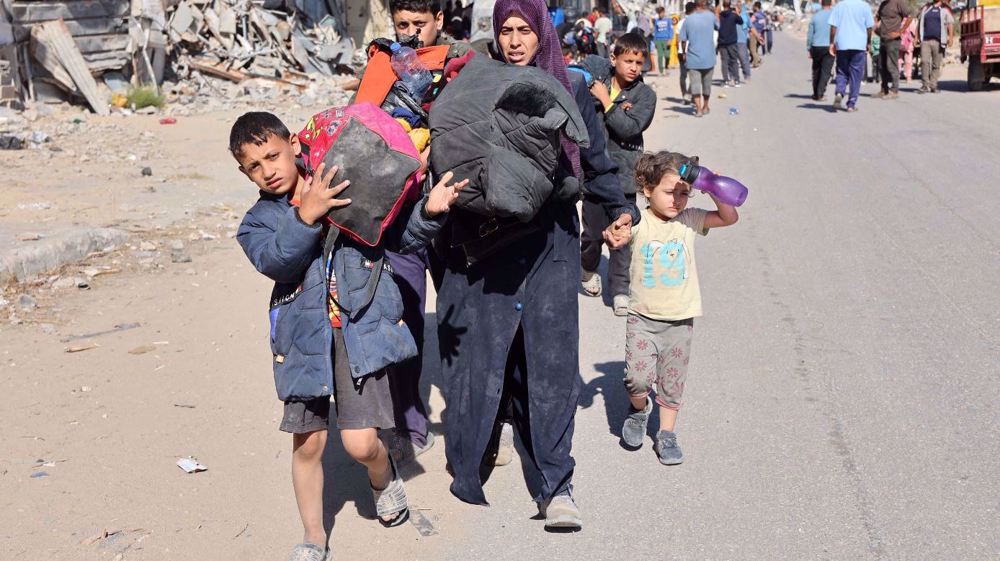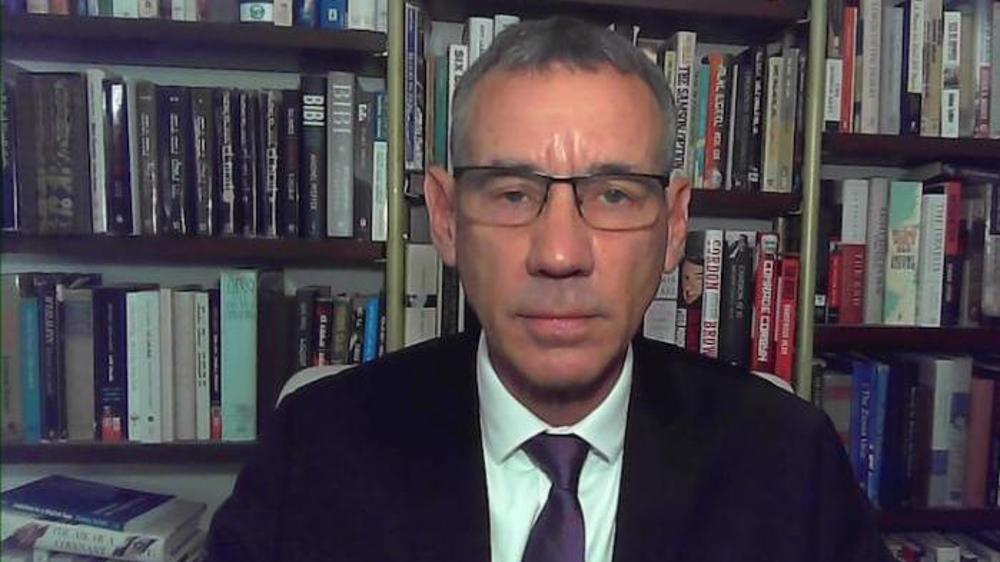Rohingya Muslims report more violence in Myanmar: UN investigators
Rohingya refugees reaching Bangladesh say violence persists against them in Myanmar and the overall environment remains "menacing" for the Muslim minority in the country’s western state of Rakhine.
UN human rights investigators said in a statement on Thursday that the arrival of new refugees reflects the "the continuing gravity of the human rights violations in Myanmar."
"They referred to the overt threats they faced of violence and persecution, being cut off from their sources of livelihood, and the overall menacing environment that finally compelled them to leave for Bangladesh,” the statement read.
The statement comes after members of the Independent International Fact-Finding Mission on Myanmar ended a five-day visit to the refugee camp of Kutupalong in Cox's Bazar where they interviewed new arrivals.
"The young men I spoke with were particularly anxious, showing signs of deep trauma. Without education and livelihood I fear for their future," said investigator Radhika Coomaraswamy.
The investigators will report their findings on Sept. 18 to the UN Human Rights Council, a 47-member Geneva forum which launched the inquiry.

The UN struck an outline deal with Myanmar in May aimed at eventually allowing hundreds of thousands of Rohingya in Bangladesh to return safely and by choice. But the secret deal offers no explicit guarantees of citizenship or freedom of movement throughout the country.
In a separate development, Fortify Rights group said on Thursday that the deadly violence against Rohingya last August was premeditated and amounted to "genocide."
The 162-page report, titled "They Gave Them Long Swords" published by the group, found that the Myanmar military was guilty of committing "crimes against humanity and genocide."
The report detailed how Myanmar authorities had planned for attacks against the Rohingya civilians in Rakhine State.
The brutal campaign has forced some 700,000 Muslims to flee their homeland since August 2017 and seek refuge in Bangladesh.
The Rohingya Muslims have been subjected to a campaign of killings, rape and arson attacks by the military backed by the country’s majority Buddhist extremists in what the UN has described as “a textbook example of ethnic cleansing.”
VIDEO | Press TV's news headlines
Iranian satellites launched into space as private sector debuts in space industry
VIDEO | Iran, Azerbaijan conduct joint maritime rescue operations
VIDEO | Yemen’s Red Sea divide: Naval forces block Israeli-linked ships in strategic ‘parting of the water’
VIDEO | Southern Gaza: Israel’s facade for famine and suffering
VIDEO | IOF hampering humanitarian aid
VIDEO | Sharmahd: Justice Done
Iran repeatedly warned Israel not to test its will: FM












 This makes it easy to access the Press TV website
This makes it easy to access the Press TV website